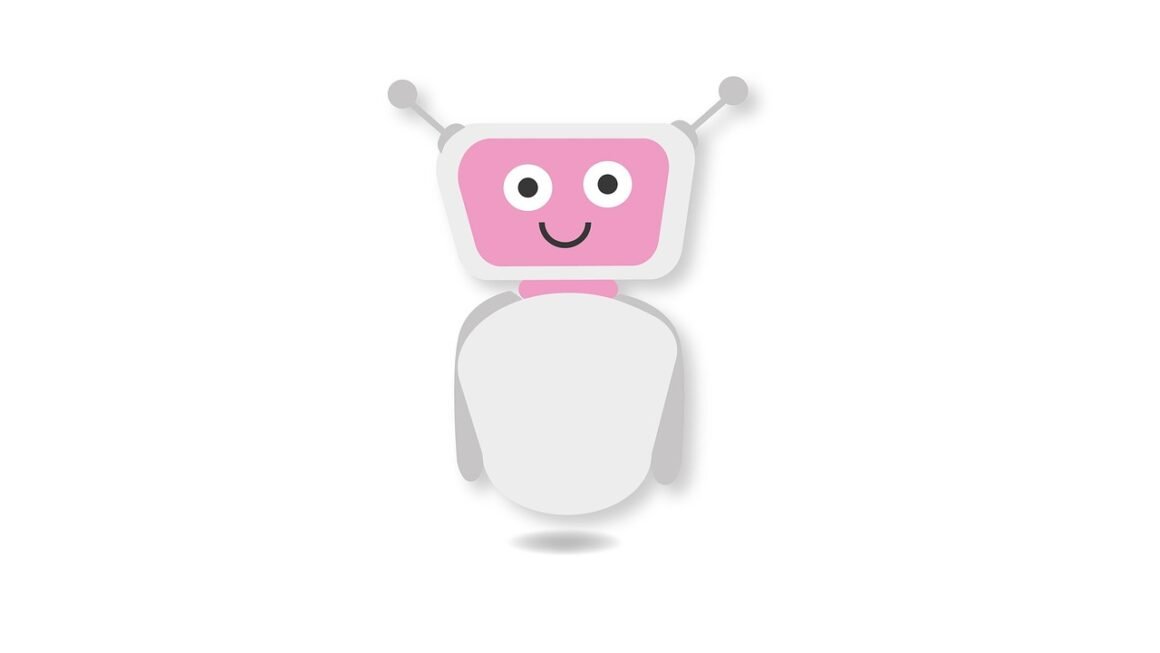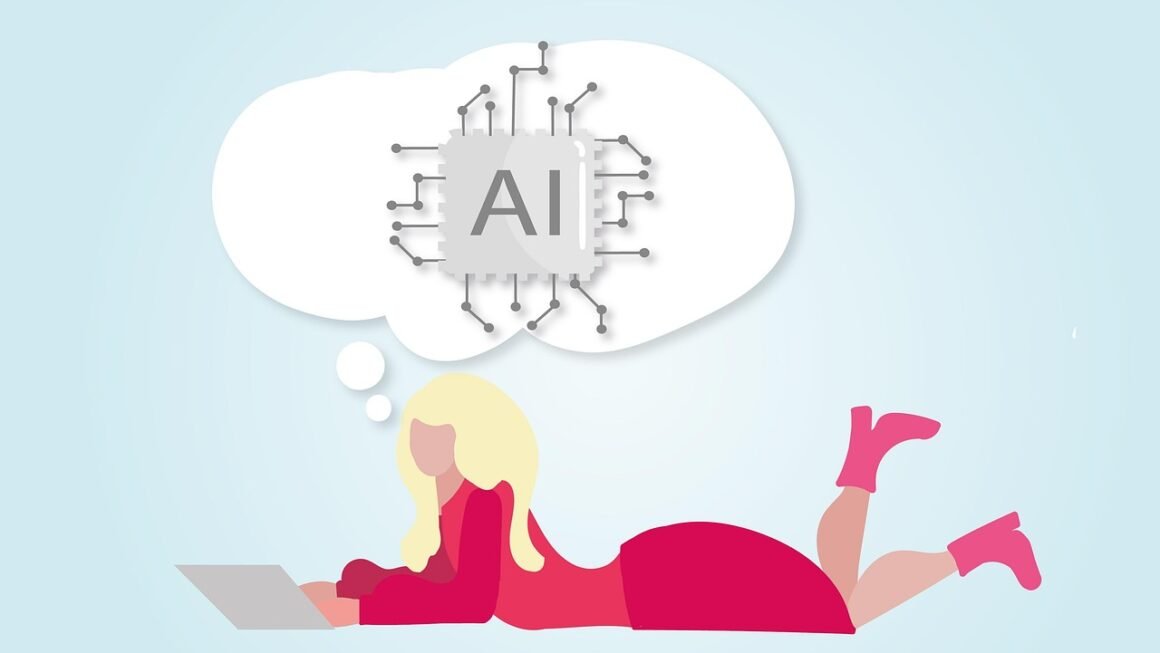Imagine a world where diagnoses are faster and more accurate, treatments are personalized to your unique genetic makeup, and healthcare is more accessible than ever before. This isn’t science fiction; it’s the rapidly evolving reality of AI in healthcare. Artificial intelligence is revolutionizing the medical field, impacting everything from drug discovery to patient care and administrative efficiency. This blog post will delve into the transformative potential of AI in healthcare, exploring its applications, benefits, and the challenges it faces.
AI-Powered Diagnostics and Imaging
Improving Accuracy and Speed
AI algorithms are proving to be incredibly adept at analyzing medical images, such as X-rays, CT scans, and MRIs. They can detect subtle anomalies that might be missed by the human eye, leading to earlier and more accurate diagnoses.
- Example: AI systems are being used to screen mammograms for breast cancer with a higher degree of accuracy than radiologists alone. Studies have shown a reduction in false positives and false negatives, leading to fewer unnecessary biopsies and earlier detection of cancerous tumors.
- Benefit: Faster and more accurate diagnoses translate to quicker treatment initiation and potentially better patient outcomes.
Personalized Treatment Planning
AI can analyze patient data, including medical history, genetic information, and lifestyle factors, to create personalized treatment plans.
- Example: IBM Watson Oncology analyzes a patient’s medical records and provides evidence-based treatment recommendations tailored to their specific cancer type and stage.
- Actionable Takeaway: Discuss with your doctor how AI-powered diagnostics might be used to improve your healthcare journey.
Telemedicine and Remote Monitoring
AI-powered telemedicine platforms are expanding access to healthcare, particularly in underserved areas. These platforms can provide remote monitoring of patients with chronic conditions, alerting healthcare providers to potential problems before they become serious.
- Feature: AI chatbots can answer basic medical questions, schedule appointments, and provide medication reminders.
- Benefit: Reduces hospital readmissions and improves patient adherence to treatment plans.
Streamlining Drug Discovery and Development
Accelerating Research
AI is significantly accelerating the drug discovery process, which traditionally takes years and costs billions of dollars. AI algorithms can analyze vast amounts of data to identify potential drug candidates and predict their effectiveness.
- Example: AI is being used to identify potential treatments for Alzheimer’s disease by analyzing genomic data and identifying genes associated with the disease.
- Statistic: AI can reduce the time it takes to identify potential drug candidates by up to 40%.
Personalized Medicine and Drug Targeting
AI enables personalized medicine by identifying which patients are most likely to respond to a particular drug.
- Mechanism: AI can analyze a patient’s genetic profile to predict their response to different medications.
- Benefit: Improves treatment outcomes and reduces the risk of adverse drug reactions.
Clinical Trial Optimization
AI is used to optimize clinical trials by identifying the most suitable patients for enrollment and predicting the likelihood of success.
- Feature: AI can analyze patient data to identify individuals who are most likely to benefit from a particular experimental treatment.
- Actionable Takeaway: Consider participating in clinical trials utilizing AI to advance medical knowledge and contribute to personalized medicine.
Improving Patient Care and Experience
Enhanced Patient Monitoring
AI-powered wearable devices can continuously monitor vital signs, such as heart rate, blood pressure, and sleep patterns. This data can be used to detect potential health problems early on and provide personalized recommendations for improving health and well-being.
- Example: Continuous glucose monitoring systems powered by AI can help people with diabetes manage their blood sugar levels more effectively.
- Benefit: Proactive monitoring can prevent serious health complications.
Automated Administrative Tasks
AI can automate many administrative tasks, such as appointment scheduling, insurance claims processing, and medical coding.
- Example: Natural language processing (NLP) is used to automatically extract information from medical records, saving healthcare providers time and effort.
- Statistic: AI can automate up to 30% of administrative tasks in healthcare, freeing up healthcare providers to focus on patient care.
Predictive Analytics for Preventative Care
AI algorithms can analyze patient data to predict the risk of developing certain diseases, such as heart disease or diabetes. This information can be used to implement preventative measures and improve patient outcomes.
- Example: AI is being used to predict the risk of hospital readmissions, allowing hospitals to provide targeted interventions to prevent readmissions.
- Actionable Takeaway: Share your health data with healthcare providers to leverage AI-driven preventative care strategies.
Addressing Challenges and Ethical Considerations
Data Privacy and Security
One of the biggest challenges facing AI in healthcare is ensuring the privacy and security of patient data. AI algorithms require vast amounts of data to function effectively, but this data must be protected from unauthorized access and misuse.
- Challenge: Implementing robust security measures to protect patient data is crucial.
- Solution: Use of anonymization techniques and adherence to strict data privacy regulations like HIPAA.
Bias and Fairness
AI algorithms can perpetuate existing biases in healthcare if they are trained on biased data. This can lead to unequal treatment and poorer outcomes for certain patient populations.
- Challenge: Ensuring that AI algorithms are fair and unbiased is essential.
- Solution: Careful data curation and algorithm design to mitigate bias.
Explainability and Transparency
It can be difficult to understand how AI algorithms arrive at their conclusions. This lack of explainability can make it difficult for healthcare providers to trust and use AI-powered tools.
- Challenge: Improving the explainability and transparency of AI algorithms is crucial.
- Solution: Developing AI algorithms that can provide clear explanations for their decisions.
Regulatory Frameworks
The rapid advancement of AI in healthcare is outpacing the development of regulatory frameworks. This creates uncertainty and hinders the adoption of AI-powered tools.
- Challenge: Establishing clear and consistent regulatory frameworks for AI in healthcare is necessary.
- Solution: Collaboration between regulatory agencies, healthcare providers, and AI developers to establish ethical and practical guidelines.
Conclusion
AI is transforming healthcare in profound ways, offering the potential to improve accuracy, efficiency, and accessibility. While significant challenges remain, the benefits of AI in healthcare are undeniable. As AI technology continues to evolve, it is crucial to address the ethical considerations and ensure that AI is used responsibly and equitably to improve the health and well-being of all individuals. By embracing AI’s capabilities while mitigating its risks, we can pave the way for a future where healthcare is more personalized, proactive, and effective.



